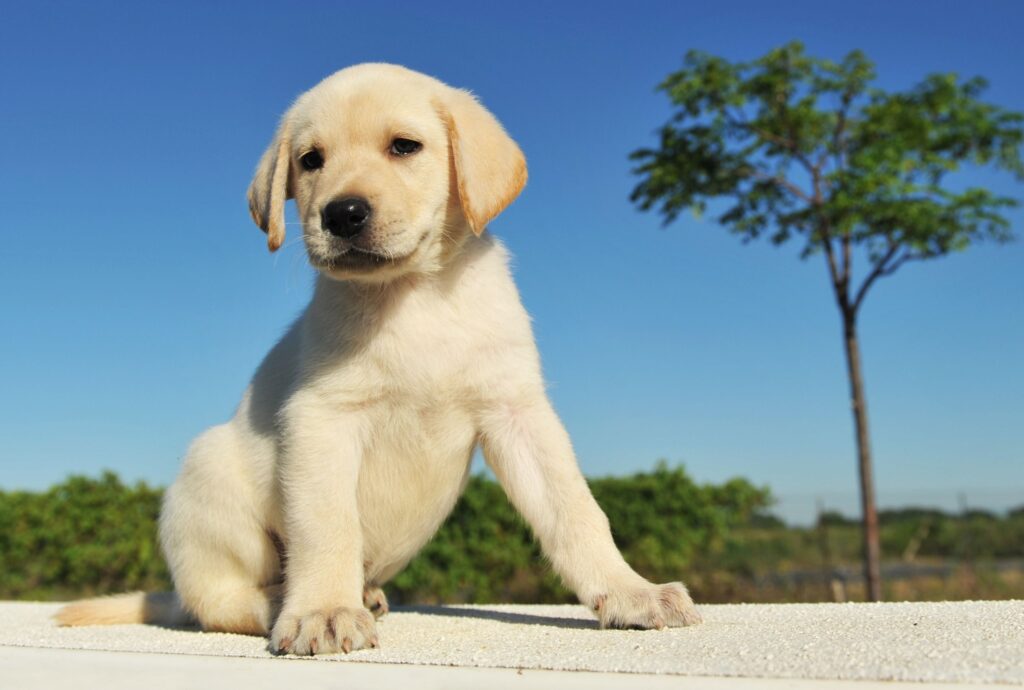Last Updated on June 20, 2024 by Dr. Wendy Wilkins, DVM, PhD
Sometimes we don’t pick the pup, the pup picks us. Sometimes it’s spur-of-the moment – we lay eyes on a wriggling ball of fluff and instantly fall in love. And sometimes this impulsivity means we end up with a dog that isn’t quite the right fit.
It is important to pick the right dog because, if you don’t, you may end up with a dog that just doesn’t mesh with your lifestyle or your family.
For example, if you are a busy person and don’t have time to exercise a large dog, then getting a German Shepherd puppy is probably not going to turn out well. If you have small children, then a small, nervous type like a Chihuahua can also be a poor choice.
A puppy that is not a good fit for you may end up being rehomed or even worse, euthanized.
There is a lot to consider when deciding what type of dog you should get. In this article we look at the first three things you should be thinking about when you embark on your search for your perfect puppy: size, temperament, and energy level/exercise needs.
What Size of Dog is Fight for You?
There’s a lot of different dog breeds out there – how do you know how big each breed is? To help you out, we’ve created The Complete List of Dog Breeds According to Size.
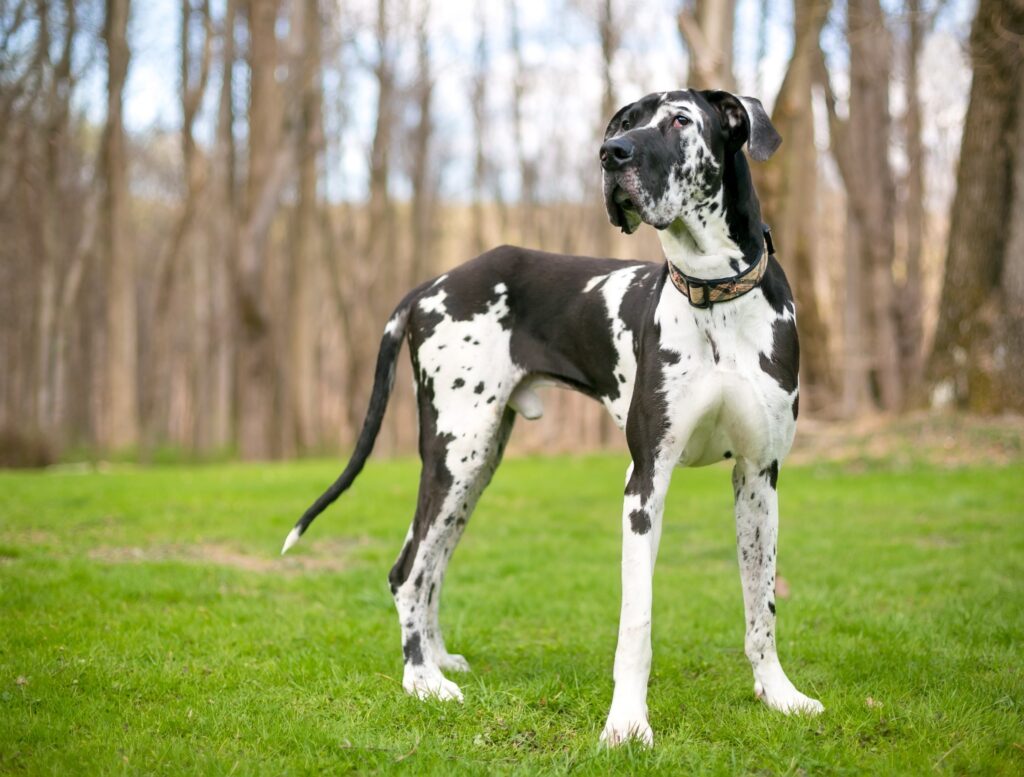
How Much Space Do You Have?
When determining the appropriate size dog, first think about how much space you have for the full-grown dog to live in.
Let’s say you are considering a large dog like an Irish Setter, Great Dane, or Rottweiler; a dog of this size would not be ideal if you live in an apartment.
Large dogs need plenty of space to run and burn off energy, and they may not be happy being cooped up in a small space. If you’re set on getting a big dog and you currently live in an apartment, you should consider finding a house with a backyard that your pup can enjoy.
Small breeds like Chihuahuas or Yorkies may be better suited for apartment living. They’re less likely to need as much exercise, and they can more easily adjust to being left alone for periods of time.
What Is Your Day-to-Day or Annual Pet Budget?
When it comes to owning a dog, size definitely matters—especially when it comes to the size of your wallet.
In general, big dogs come with big costs, as they require more food, more veterinary care, and more space.
For example, a Great Dane needs over 2,000 calories a day! And those towering heights also mean that big dogs are more likely to develop joint problems like hip dysplasia, which can be quite costly to treat.
Large breeds tend to have more health problems that lead to shorter lifespans and increased veterinary costs compared to most small breeds.
Everything big dogs need is bigger, and costs more, than those needed by small dogs. Bigger toys, bigger beds, bigger food. Even veterinary costs can differ; for example, the cost of spaying or neutering a big dog is higher than that for a small dog.
Of course, there are plenty of benefits to owning a big dog, too—but when it comes to cost, smaller may be better.
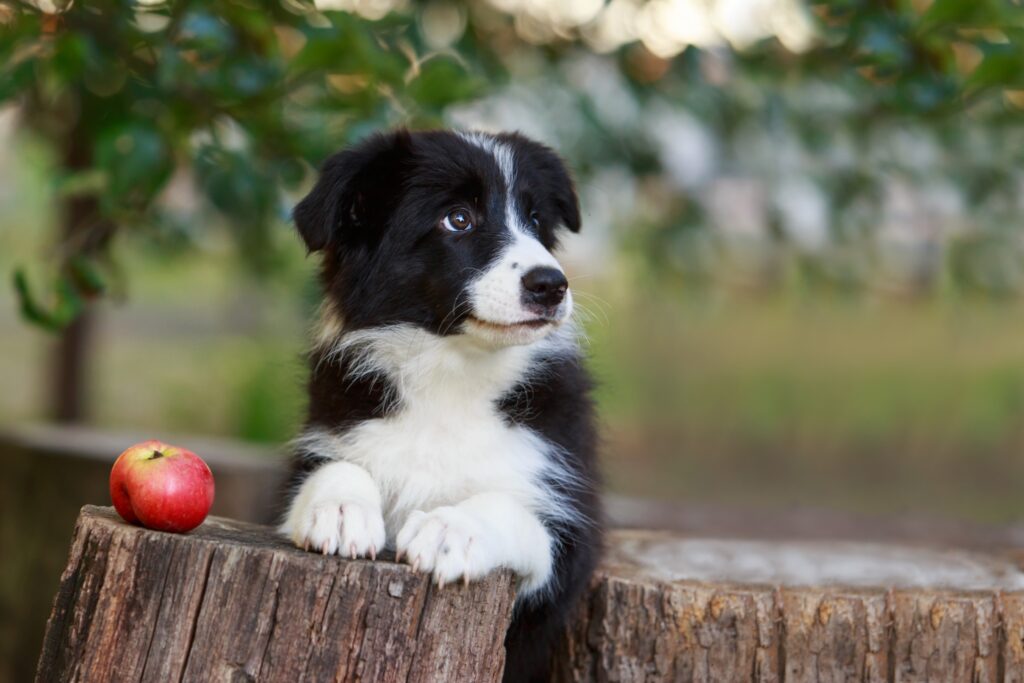
What is the Best Temperament?
There are a lot of factors to consider when deciding what type of dog is best for your family, but if you have young children, one of the most important considerations is temperament.
Some breeds are naturally more gentle and patient than others, and these qualities can make a big difference when it comes to interacting with kids.
Breeds that are known for their calm dispositions include the Labrador Retriever, the Golden Retriever, the Cavalier King Charles Spaniel, and the Bichon Frise. These breeds are all relatively easy to train, and they typically enjoy spending time with people, which makes them ideal playmates for children.
Beyond consideration of whether or not there are children in the home, temperament selection depends on a number of factors, including your own personal preferences and the specific needs of your household.
Some people prefer a more playful dog, while others prefer a calm and relaxed companion. There are also some households that may do better with a less energetic breed.
What are the Dog’s Exercise Needs?
One of the most common mistakes people make is getting a dog that has energy levels that are too high for their lifestyle. High energy dogs need a lot of exercise, play and stimulation to keep them from getting bored and destructive or even aggressive.
A highly energetic dog that doesn’t get exercise is a lot like a cooping up a hyperactive child in a small room all day. The dog will have a ton of energy, but no outlet for it except getting into mischief.
Different dogs have different exercise needs. Some breeds require a lot of daily activity, while others are content with a few short walks each day. Consider how much time you are willing to commit to exercising your dog before choosing a breed.
Are you the active, outdoorsy type that likes to go for long walks or runs? If you want your dog to accompany you on your excursions, some breeds are better suited for the task than others.
For example, Labrador Retrievers and Golden Retrievers are both high-energy breeds that were originally bred for physical activity. As a result, they have the stamina and enthusiasm necessary to keep up with you on a long run or hike.
German Shepherds are another popular choice for runners and hikers, as they are intelligent and athletic dogs that excel at following commands. Additionally, Border Collies are often used as working dogs due to their high level of intelligence and endurance.
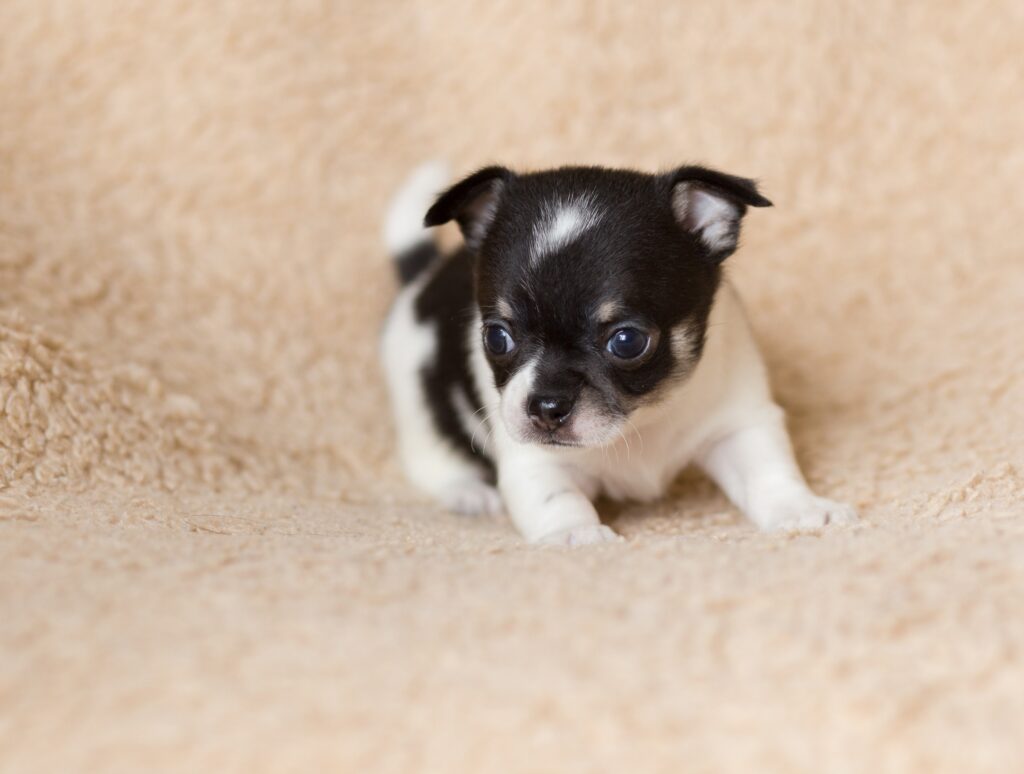
Make sure your choice of dog matches your activity level. For example, Jack Russel Terriers may be high energy and need lots of exercise, but they might not be the best choice to accompany you on a 10-mile run!
Of course, unless you yourself have the energy and the time to provide your pet with the right amount of exercise and play, you will want to avoid any of the high energy breeds..
For people who have low activity levels due to choice, health or other reasons, dogs with lower exercise needs are the better choice. Dog breeds known for being low-energy and having low exercise requirements include Basset Hounds, Shih Tzu’s, and Bulldogs.
While all dogs need some form of exercise, these breeds can be content with a short daily walk or playtime session. They are also less likely to become restless or destructive when left alone for longer periods of time. If you’re looking for a low-maintenance dog breed that doesn’t require a lot of exercise, one of these breeds may be the perfect fit for you.
Wrapping Up
The characteristics we’ve discussed are a good starting point for choosing the right dog breed for you. Knowing your preferences for size, activity level, and temperament can help narrow down your options, helping you be sure the pup you choose will be a great fit for your family.
But our search for the perfect puppy isn’t over yet. In our next article, we’ll cover two more important traits: grooming needs and shedding. Whether you want a low-maintenance coat or don’t mind some fur around the house, we’ll help you decide what’s best. Stay tuned!
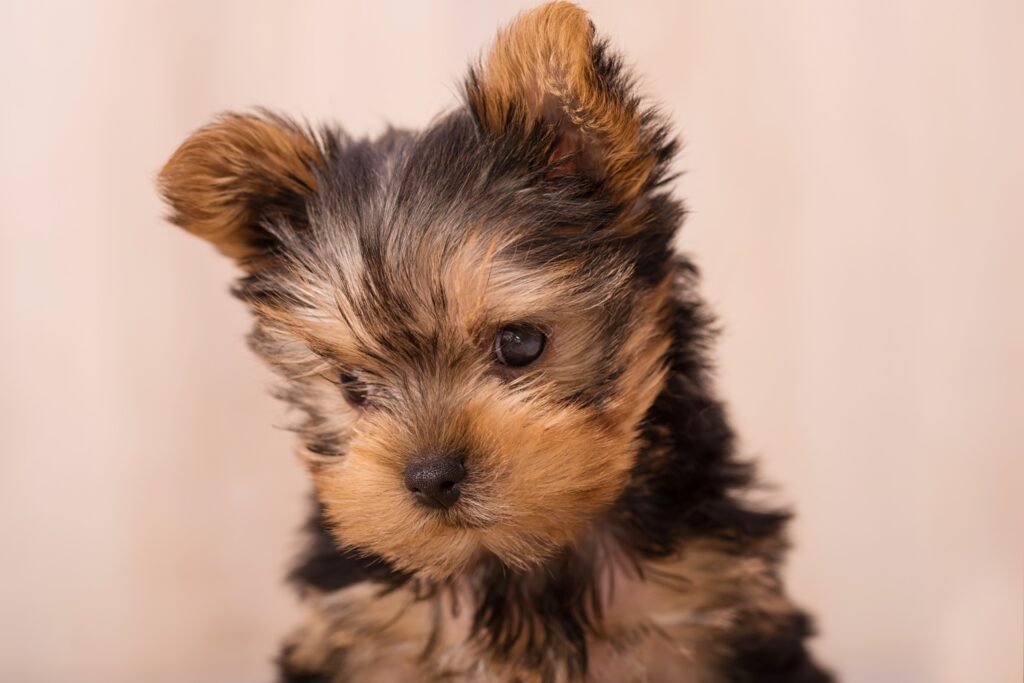
[All images used with permission or license]

